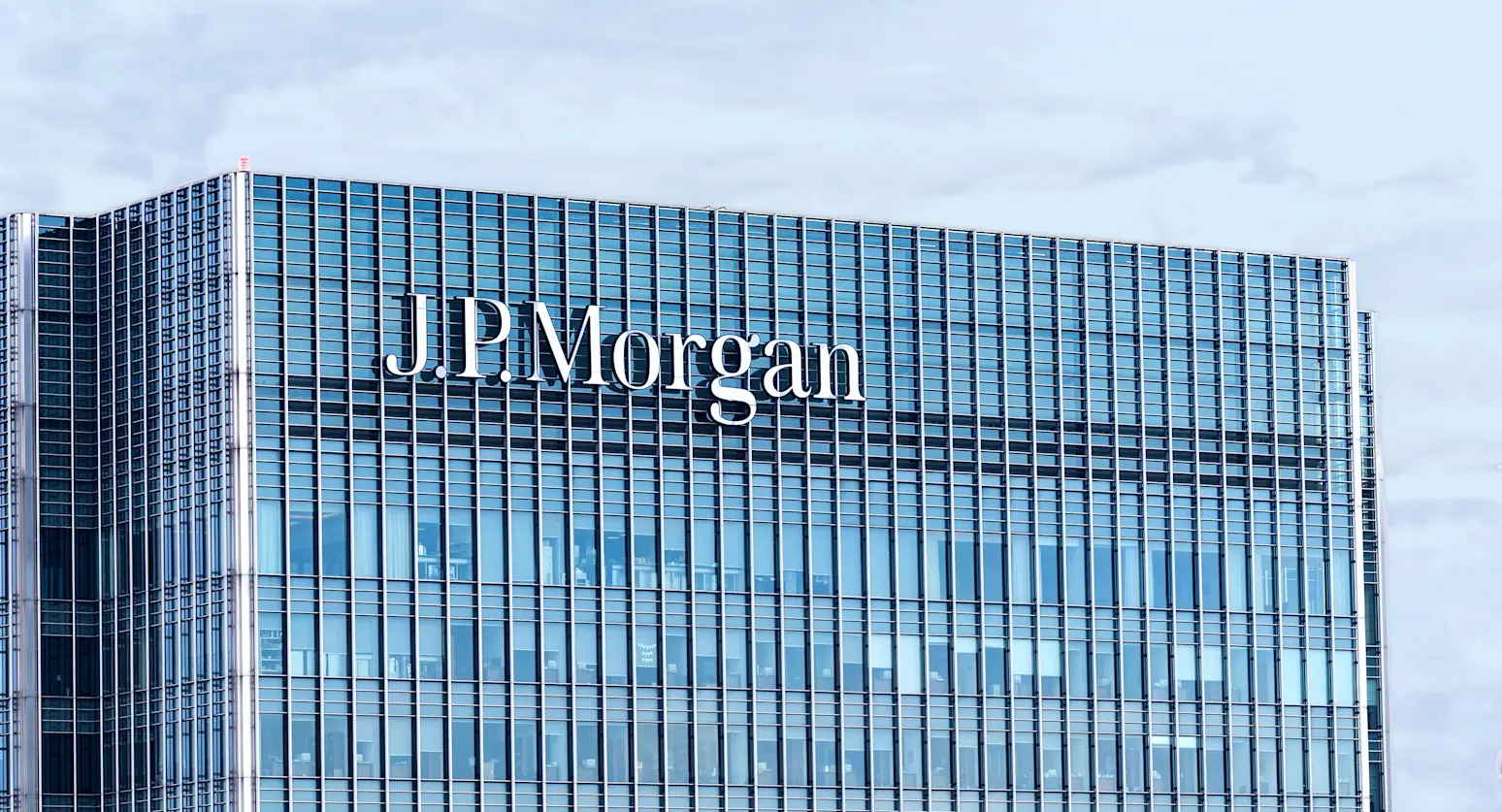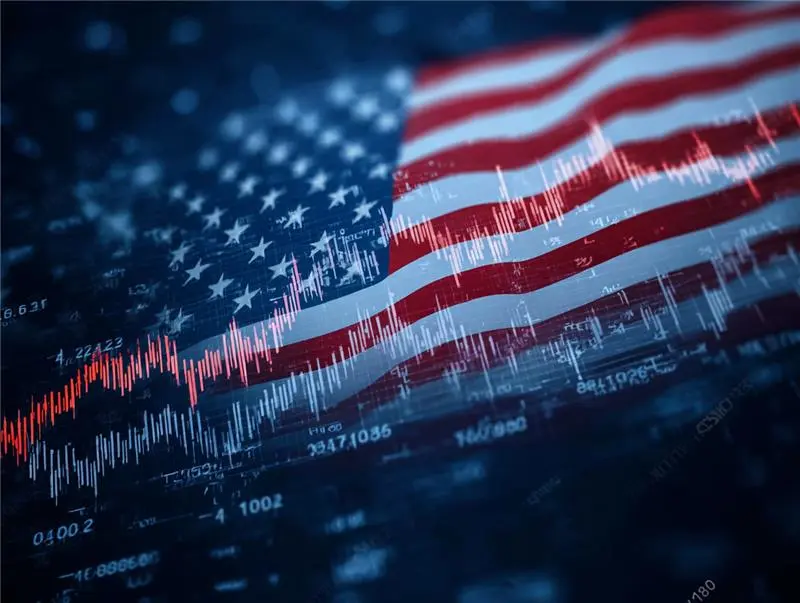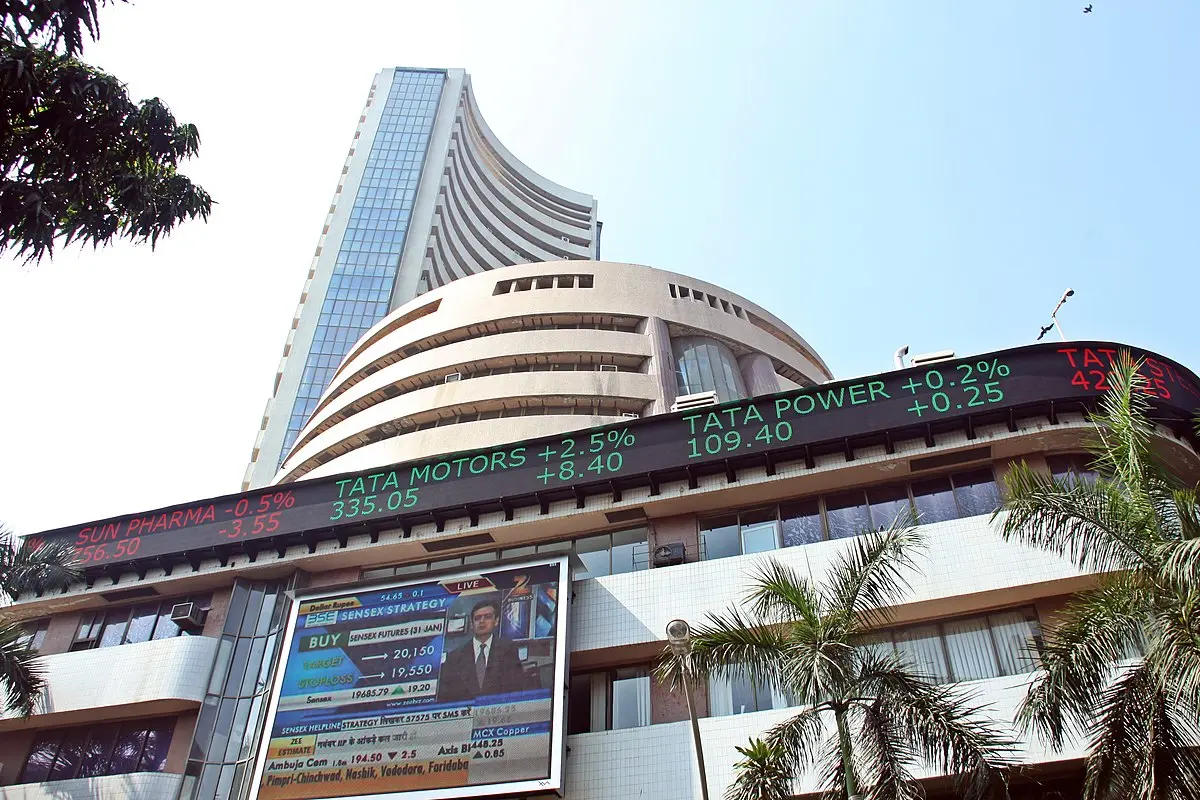Matthew Chamberlain, the chief executive of the London Metal Exchange, said the Oliver Wyman review into the LME nickel suspension could throw up some interesting recommendations
Matthew Chamberlain can be forgiven for welcoming the end of the first half of this year.
Speaking after that announcement, Chamberlain said the study could yield some interesting pointers for LME senior management.
“In terms of the Oliver Wyman report, we have set the scope at a broad level so that is four broad areas but within that, we have absolutely not constrained what Oliver Wyman can do and it would not have been right for us to do that. I would say we have put a framework around it so people know what to expect.”
The Oliver Wyman review is addressing the LME’s market structure, trading rules, physical contract specifications, and risk, clearing and collateral policies but not “the LME and LME Clear’s decision-making processes and governance arrangements”. They are the regulators’ purview.
The independent probe will also consider the changes introduced by the LME since the nickel disruption, namely the price-specific trading limits and new requirements for the reporting of over-the-counter (OTC) positions, a key factor in the nickel suspension.
Chamberlain said: “You can see from the actions we have taken there are things we would like to do. The first thing we did before we reopened nickel was introduce price limits. We have seen that those 15% price limits can be hit, and an effect of those limits being hit is we can’t produce an official or closing price.”
“We like the protection but I would be really interested to know is there a more elegant way of putting in place those protections without stopping us from pricing for the rest of the day.”
Chamberlain said: “I am pleased with what we have done with OTC reporting but we haven’t said we are going to move to an OTC position limit, as some people have suggested. So that’s another example of maybe it’s the right thing or maybe it’s the wrong thing but I’m going to be interested to see what Oliver Wyman come back with.”
The CEO continued: “The third example is around the deliverable specification of the nickel contract. This goes to the heart of nickel as an industry which has evolved in a matter of years from metallic nickel being used for stainless steel production to chemical nickel being used to make batteries, particularly for electric vehicles, but nickel sulphate isn’t deliverable against our contract. This is another area that we have looked at in the past and I’m interested to see what Oliver Wyman and the whole market propose.”
Another change the LME made immediately after the trading disruption was to move the nickel market open from 1am London time to 8am London time, effectively closing the market during Asian trading hours.
Chamberlain said: “We hear conflicting views on this. On the one hand, we hear stakeholders, particularly those in Asia, saying if we opened at 1am again, they’d have a healthy arbitrage with Shanghai, which would add liquidity back to the product.
“Another view is that, given the market is still a little wary, it is better to concentrate liquidity in a smaller period of time. We haven’t reached a determination on that but that is one that we are doing quite a lot of work around.”
The nickel saga is undoubtedly the biggest thing to happen to the LME in years but Chamberlain is mindful that its fallout does not stop the firm from doing other things.
He said: “In parallel with the Oliver Wyman work, we are looking at the technological steps to bring on board certain types of circuit-breakers. As the thinking of the review evolves, we will be, as appropriate, trying to put that into our technology book of work so we can deliver that as quickly as possible.
“Separately, we are building a new version of our trading platform. Select 10 is an inhouse built platform based on the HKEX exchange trading engine and the switch-over for that is 2023. So, for any implementation, it is a question of: Is it safest to deliver that as a change to Select 9 or as part of Select 10?”
LME Clear CEO Adrian Farnham is retiring next week, to be replaced on an interim basis by James Cressy, the chief operating officer of LME and LME Clear, until the exchange finds a permanent replacement.
Chamberlain said: “We are fortunate at the LME to have had a stable management team for the last four years and, outside Adrian’s departure, we remain a stable team. I think there is continuity and we have been fortunate with that. So I am confident that we will be able to marry the existing tech steps that we are making with the new things that come out of the independent review.”
Aside from the immediate, Chamberlain will also be instrumental in managing arguably the most profound challenge facing the LME: rebuilding trust among members and customers.
On this point, he said: “While I acknowledge the concerns, I feel the steps we took quickly will stop it from happening again, notwithstanding other challenges. Then there are the reviews, and they are an important part of what we’re doing, but the biggest thing that we can do is to be totally open-minded to everything that we are hearing."
Chamberlain added: “It is easy in these kinds of situations to retreat into your shell. I think trust is built through personal engagement and I think that’s what we have been doing.”
Given he was leaving the LME just four months ago, Chamberlain should be credited with staying on to lead the LME through what will no doubt be a tough second half to 2022, and beyond.
He said: “I was planning to leave and then nickel came along and I threw myself into the immediate post-nickel remediation steps. HKEX and the LME were kind enough to suggest: “Why don’t you stay to shepherd that through?” That felt to me like the right thing to do.”


